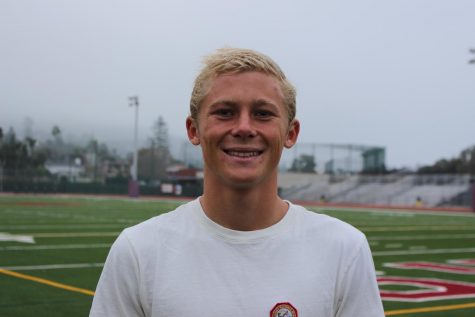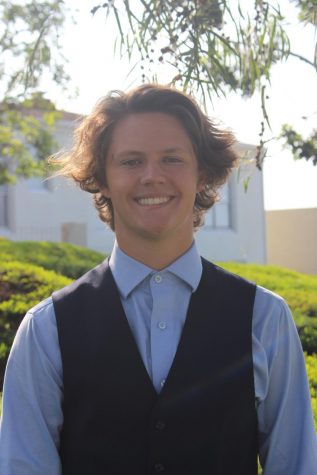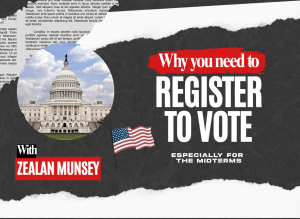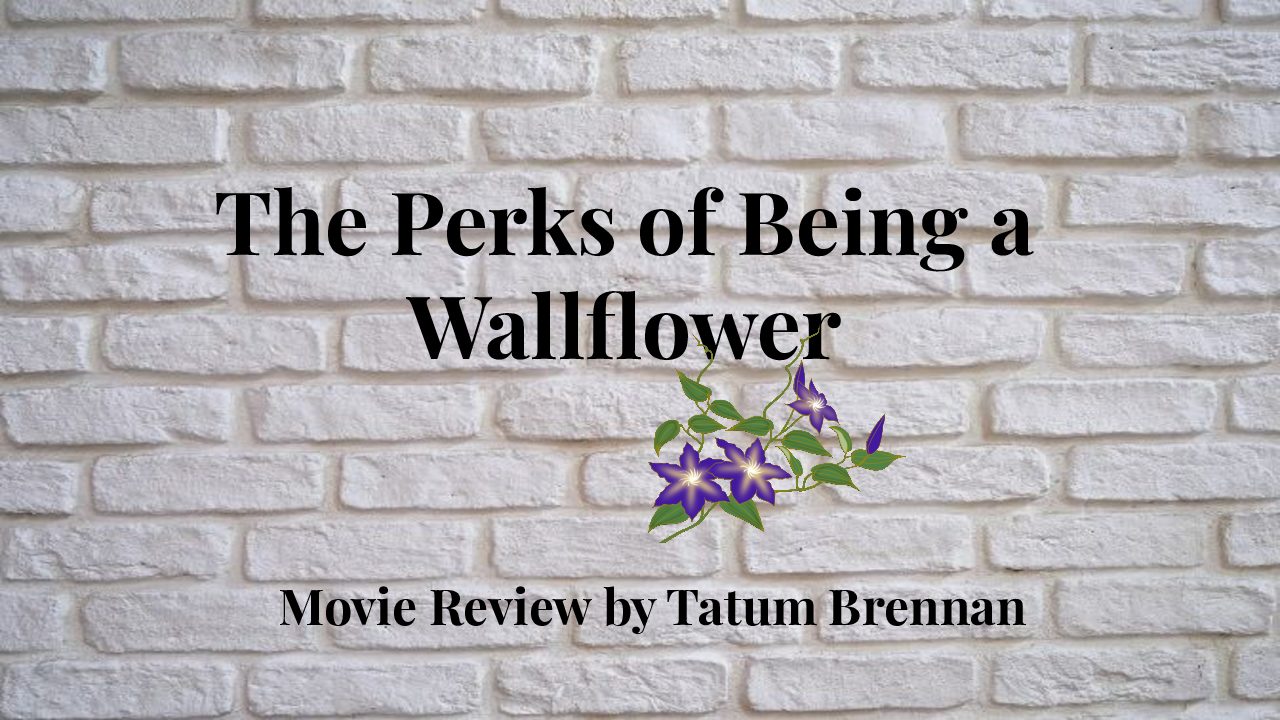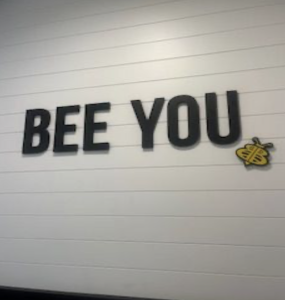Community unites in the face of intolerance
March 21, 2019
Several weeks ago, students from local South Orange County high schools were involved in a hate incident that made headlines across the nation. During the last few years, there have been repeated instances of teens involved in racist, intolerant and hateful events, even in our own school community of Laguna Beach. The occurrence of yet another incident calls for continued reflection. Communities are currently examining what might explain the increase in the frequency of these types of events. Is the rise a result of a shift in our culture? Is it due to the normalization of speech and symbols rooted in hate? Are these incidents born out of sheer ignorance? Have a few hateful individuals dominated the headlines while the good-hearted silent majority still searches for means to break their inaction?
“I do not think that the number of hateful people has increased— actually the opposite. I think that the number of people who recognize the damage that words and actions like this can do has grown. The youth of today are more progressive and aware of these issues, and the damage they can do, than my generation was,” said history teacher and No Place For Hate Advisor Kristin Cowles.
Although the number of hateful and prejudiced people does not seem to be increasing over time, why is it that these discriminatory actions keep occurring on a consistent basis? The steady news cycle of young people involved in hate incidents highlights a shortage of people willing to stand up and stop these acts from happening.
“It is hard for people to speak up and speak out when they see their friends doing things or saying things that are offensive. It becomes this sense of ‘I don’t want to say something because I don’t want to be a buzzkill, and I’m gonna be the one that can’t take a joke.’ We don’t want to turn the attack on ourselves. So it is really hard to push through that fear of rocking the boat and to stand up for what is right,” said Cowles.
In addition to the issue of people staying silent, the line between jokes and hate speech has become increasingly blurred. Whether it is a result of desensitization or just sheer ignorance, it is becoming harder for kids to navigate this realm when engaging with social media. The numerous social media platforms with little restriction on what users can post or comment allow for hateful ideas to fester and reach more people.
“A joke transitions from being harmless into something more hateful when the person is clearly affected by it and doesn’t find it humorous,” said 11th-grader and No Place For Hate member Cambria Hall.
Having acknowledged the recent incidents involving high school students from surrounding high schools, we have an opportunity to learn from their mistakes and examine our own behaviors.
“The effect on our school has been more of a recognition in seeing ourselves in what has happened. I know a lot of kids here know people involved in what happened in Newport Harbor. Seeing a neighboring community similar to our own go through the national fallout on the news and how bad something like this when viewed from the outside, gives people a different perspective on stuff that has happened in the past here,” said Cowles.
There are many things that our school community can do to improve upon our language and treatment of others. To combat ignorance and insensitivity, more people can engage in conversations about why certain jokes are not okay and why anyone thinks that putting other people down is funny in the first place.
In addition to these conversations, it is important for students to create peer groups that support each other when one decides to stand up and say something to combat a racist or prejudiced comment.
“Keep learning. Keep an open mind. Talk to new people and listen. We often listen so that we can respond and plan our answer. We don’t listen so that we can understand. We need to listen to understand other people and other points of view and other experiences because it makes the world a better place, and it makes you a better person,” said Cowles.
By learning how to appreciate the diversity among us, we can begin to eliminate negative stereotypes that often are the source of ignorant jokes and actions.

